First Council of Nicaea:
Date 325 AD Accepted by:
-
Anglicans,
- Assyrian Church of the East Calvinists,
- Eastern Orthodox,
- Lutherans,
- Old Catholics,
- Oriental Orthodox,
- Roman Catholics,
Previous Council, Council of Jerusalem (though not considered ecumenical),
Next Council, First Council of Constantinople…
Convoked by Emperor Constantine I…
Presided by St. Alexander of Alexandria (and also Emperor Constantine),
Attendance 250–318 (only five from Western Church)
Topics of discussion Arianism, celebration of Passover (Easter), ordination of eunuchs, prohibition of kneeling on Sundays and from Easter to Pentecost, validity of baptism by heretics, lapsed Christians, sundry other matters.
Documents and statements Original Nicene Creed, 20 canons, and an epistle, Chronological list of Ecumenical councils Constantine the Great summoned the bishops of the Christian Church to Nicea to address divisions in the Church
(mosaic in Hagia Sophia, Constantinople (Istanbul), ca. 1000).
The First Council of Nicaea was a council of Christian bishops convened in Nicaea in Bithynia (present-day Iznik in Turkey)
by the Roman Emperor Constantine I in AD 325. This first ecumenical council was the first effort to attain consensus in the church
through an assembly representing all of Christendom.
Its main accomplishments were settlement of the Christological issue of the relationship of Jesus to God the Father,
the construction of the first part of the Nicene Creed, settling the calculation of the date of Easter, and promulgation of early canon law.
Source: Wikipedia, the free encyclopedia... |









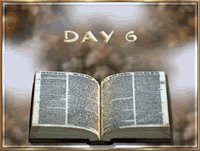
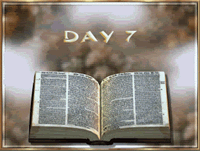



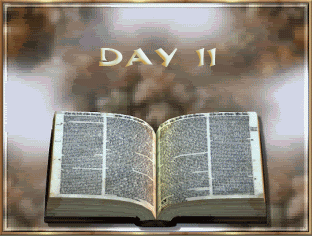
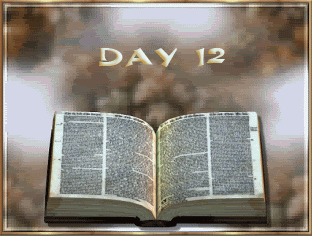
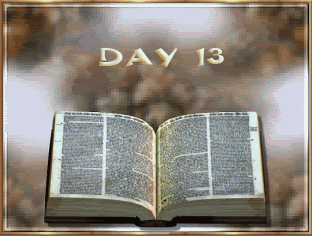
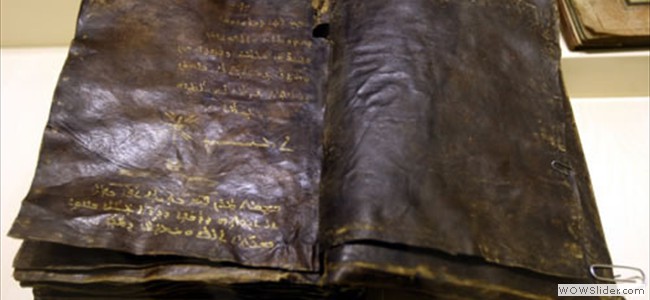


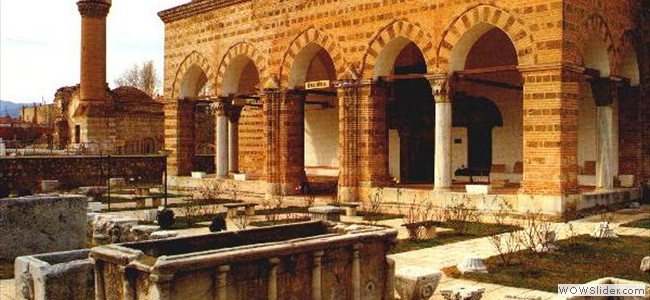
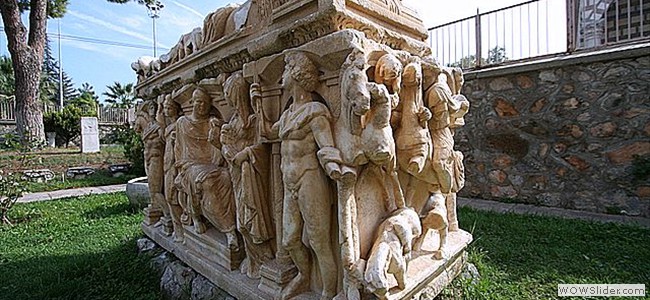
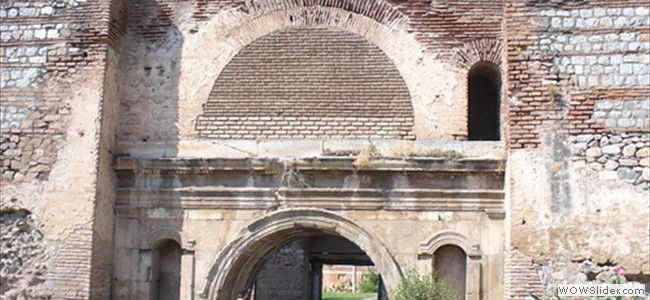
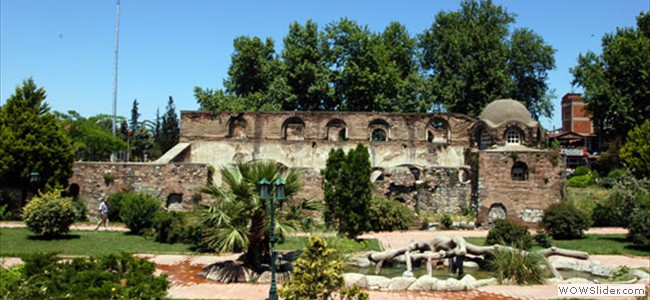

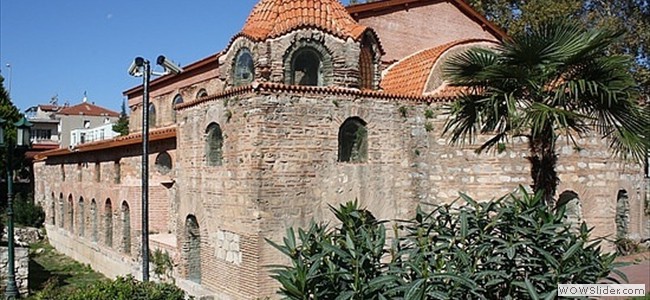
 1
1 2
2 3
3 4
4 5
5 6
6 7
7 8
8 9
9